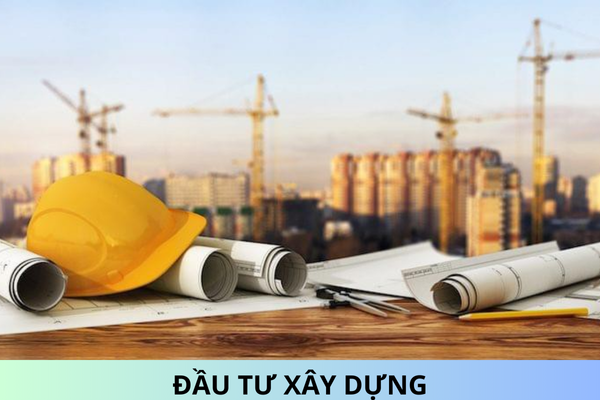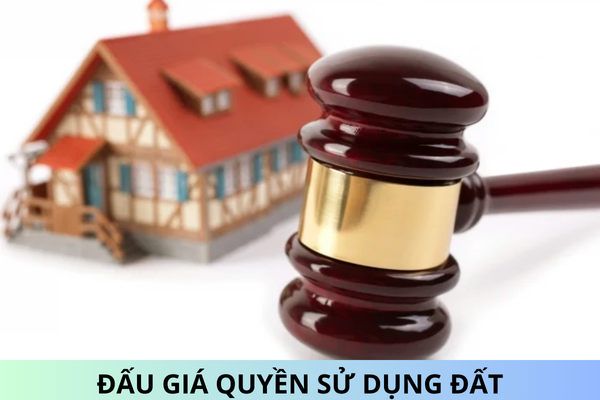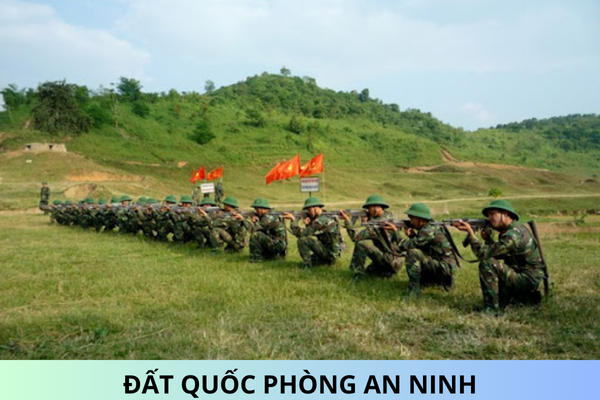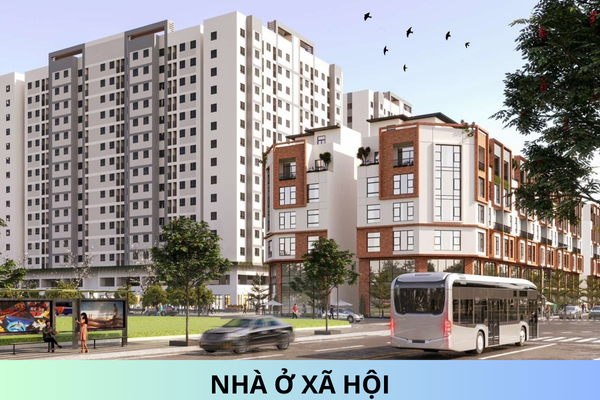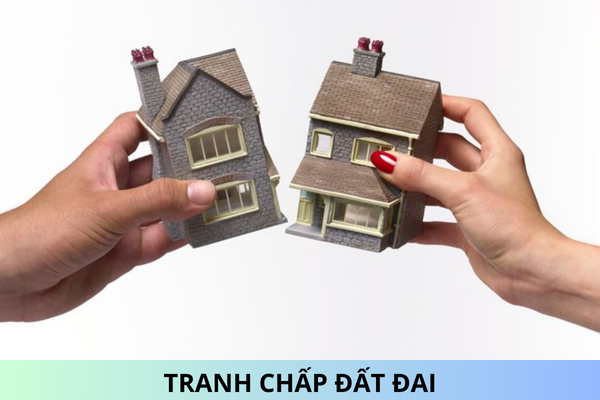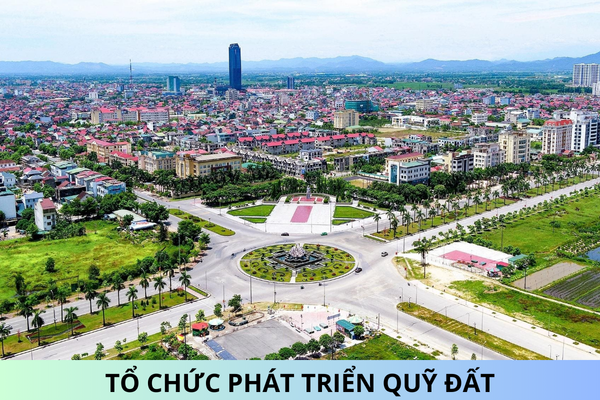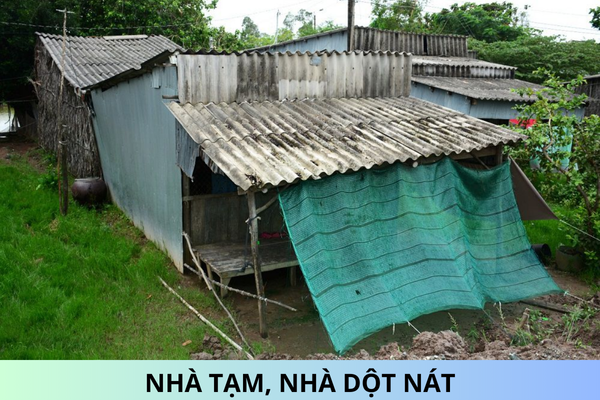What is settlement for lessees who fail to hand over official residences in Vietnam?
What is settlement for lessees who fail to hand over official residences in Vietnam? Question from Ms. Diep (Khanh Hoa)
Who can rent official residences in Vietnam?
Pursuant to Clause 1, Article 32 of the 2014 Housing Law, it is stipulated that eligible entities and requirements for renting official residences:
Eligible entities and requirements for renting official residences
1. The entities entitled to rent official residences include:
a) Senior officials of the Communist Party and/or the State entitled to rent the official residences over the duration in which they are on duty;
b) Officials and civil servants of bodies of the Communist Party, the State, socio-political organizations who are not entitled to rent official residences as prescribed in Point a of this Clause but they are subject to job rotation in the central agencies and holding at least Deputy Minister positions or equivalent; or subject to job rotation in the local agencies and holding at least President of the People’s Committee of district or Director of Service positions or equivalent;
c) Officials and civil servants of bodies of the Communist Party, the State, socio-political organizations who are not entitled to rent official residences as prescribed in Point b of this Clause but they are subject to job rotation in communes of remote areas or severely disadvantaged areas, border or island areas;
d) Officers or professional soldiers in People’s armed forces subject to job rotation as required by national defense and security, except for entities living in the barracks of the armed forces as prescribed in regulations of law;
dd) Teachers who are teaching in the rural areas, remote areas, severely disadvantaged areas, border or island areas;
e) Doctors, health workers who are working in the rural areas, remote areas, severely disadvantaged areas, border or island areas;
d) Scientists who are in charge of national science and technology projects prescribed in the Law on science and technology.
...
Thus, the following subjects are eligible to rent official residences:
- Senior officials of the Communist Party and/or the State entitled to rent the official residences over the duration in which they are on duty;
- Officials and civil servants of bodies of the Communist Party, the State, socio-political organizations who are not entitled to rent official residences as prescribed in Point a of this Clause but they are subject to job rotation in the central agencies and holding at least Deputy Minister positions or equivalent; or subject to job rotation in the local agencies and holding at least President of the People’s Committee of district or Director of Service positions or equivalent;
- Officials and civil servants of bodies of the Communist Party, the State, socio-political organizations who are not entitled to rent official residences as prescribed in Point b of this Clause but they are subject to job rotation in communes of remote areas or severely disadvantaged areas, border or island areas;
- Officers or professional soldiers in People’s armed forces subject to job rotation as required by national defense and security, except for entities living in the barracks of the armed forces as prescribed in regulations of law;
- Teachers who are teaching in the rural areas, remote areas, severely disadvantaged areas, border or island areas;
- Doctors, health workers who are working in the rural areas, remote areas, severely disadvantaged areas, border or island areas;
- Scientists who are in charge of national science and technology projects prescribed in the Law on science and technology.

What is settlement for lessees who fail to hand over official residences in Vietnam? (Image from the Internet)
In what cases can official residences be revoked in Vietnam?
Pursuant to Article 14 of Circular 09/2015/TT-BXD regulating recovery of official residences:
Recovery of official residences
The recovery of official residences is carried out in accordance with the provisions of Article 84 of the 2014 Housing Law.
Article 84 of the 2014 Housing Law stipulates state-owned house withdrawal:
State-owned house withdrawal
1. A state-owned house shall be withdrawn in the one of cases below:
a) The transaction in housing sale, lease, or lease purchase is conducted ultra vires, ineligible entities, or failed to meet requirements as prescribed in this Law;
b) The lease agreement expires but the lessee no longer wishes to rent or both contractual parties agree to terminate the housing lease or lease purchase agreement;
c) The lessee returns the house under housing lease or lease purchase agreement;
d) The lessee no longer entitled to rent housing as prescribed in this Law;
dd) The lessee dies or has been declared as missing by the Court but he/she has nobody living together; or the lessee who is entitled to rent the official residence dies or has been declared as missing by the Court;
e) The lessee has not paid the rent for 3 months or more without good reasons;
g) The housing for lease or lease purchase is subject to demolition for renovation or reconstruction according to the decision of the competent agency;
h) The lessee does not use the house for proper purposes as agreed in the housing lease agreement or he/she exchanges, sells, sublets or lends the house, or expands, renovates, or demolishes the house himself/herself without the consent of the homeowner.
...
Thus, official residence owned by the homeowner is recovered in the following cases:
- The transaction in housing sale, lease, or lease purchase is conducted ultra vires, ineligible entities, or failed to meet requirements as prescribed in this Law.
- The lease agreement expires but the lessee no longer wishes to rent or both contractual parties agree to terminate the housing lease or lease purchase agreement;
- The lessee returns the house under housing lease or lease purchase agreement;
- The lessee no longer entitled to rent housing as prescribed in this Law;
- The lessee dies or has been declared as missing by the Court but he/she has nobody living together; or the lessee who is entitled to rent the official residence dies or has been declared as missing by the Court;
- The lessee has not paid the rent for 3 months or more without good reasons;
- The housing for lease or lease purchase is subject to demolition for renovation or reconstruction according to the decision of the competent agency;
- The lessee does not use the house for proper purposes as agreed in the housing lease agreement or he/she exchanges, sells, sublets or lends the house, or expands, renovates, or demolishes the house himself/herself without the consent of the homeowner.
What is settlement for lessees who fail to hand over official residences in Vietnam?
Pursuant to Clause 2, Article 84 of the 2014 Housing Law, regulations on state-owned house withdrawal:
State-owned house withdrawal
...
2. The lessee of the house subject to housing withdrawal as prescribed in Clause 1 of this Article shall return the house to the housing authority; if not, the agency representing the homeowner shall enforce the housing withdrawal; the People’s Committee of the province shall enforce that house within 30 days, from the date on which the enforcement decision on housing withdrawal is issued.
Thus, in case the tenant does not hand over the official residence in Vietnam, the housing owner's representative agency will decide to forcibly recover the official residence.
The Provincial People's Committee is responsible for organizing the coercive recovery of this house within 30 days from the date of issuance of the coercive recovery decision in Vietnam.
Best regards!

